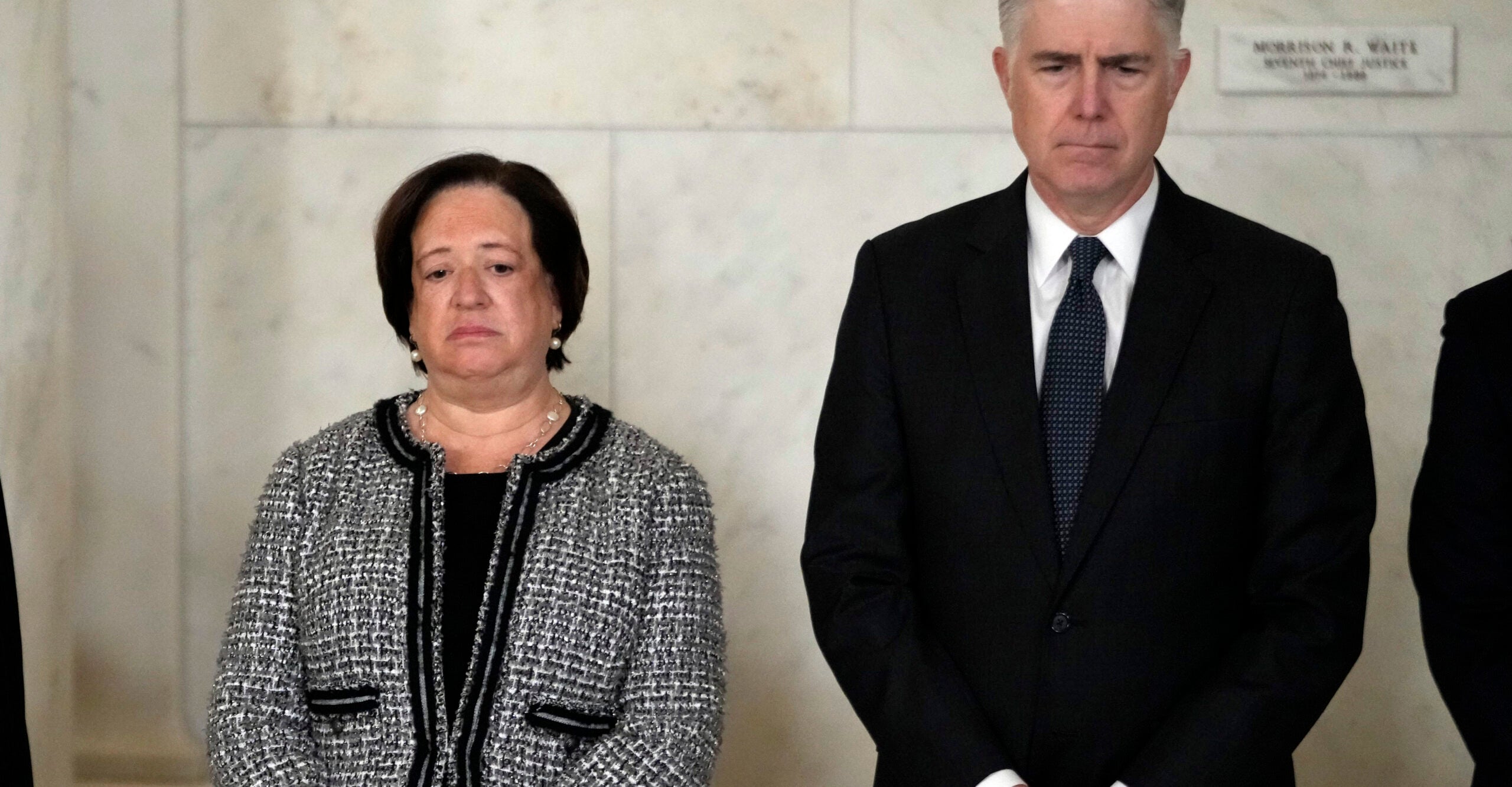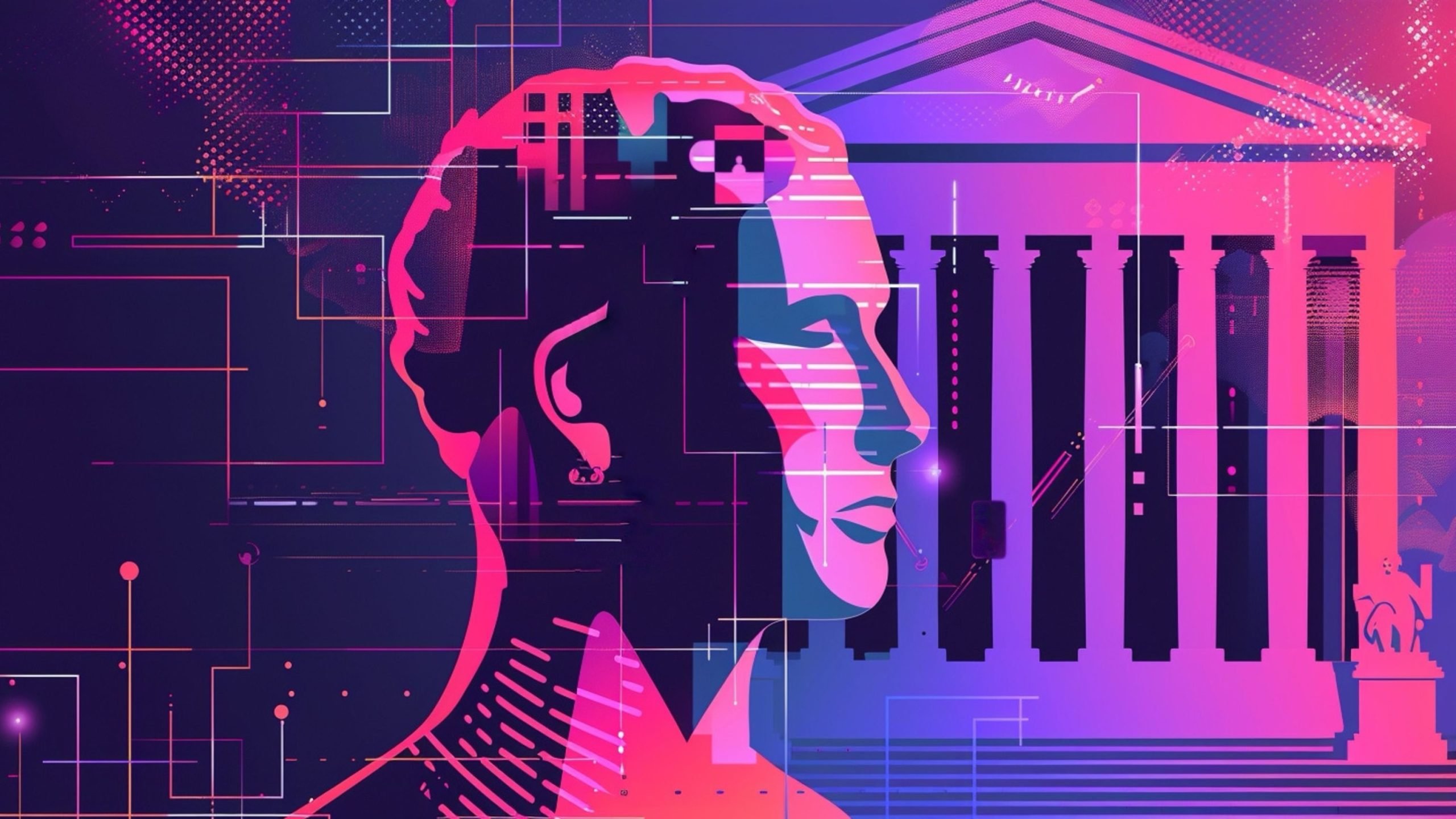
reclaimthenet.org
Supreme Court Greenlights Online Digital ID Checks
If you're tired of censorship and dystopian threats against civil liberties, subscribe to Reclaim The Net.
With a landmark ruling that could shape online content regulation for years to come, the US Supreme Court has upheld Texas’s digital ID age-verification law for adult websites and platforms, asserting that the measure lawfully balances the state’s interest in protecting minors with the free speech rights of adults.
The 6-3 decision, issued on June 27, 2025, affirms the constitutionality of House Bill 1181, a statute that requires adult websites to verify the age of users before granting access to sexually explicit material.
Laws like House Bill 1181, framed as necessary safeguards for children, are quietly eroding the rights of adults to access lawful content or speak freely online without fear of surveillance or exposure.
Under such laws, anyone seeking to view legal adult material online (and eventually even those who want to access social media platforms because may contain content “harmful” to minors) is forced to provide official identification, often a government-issued digital ID or even biometric data, to prove their age.
Supporters claim this is a small price to pay to shield minors from harmful content. Yet these measures create permanent records linking individuals to their browsing choices, exposing them to unprecedented risks.
We obtained a copy of the opinion for you here.
The Court’s opinion, authored by Justice Clarence Thomas, emphasized that the requirement for age verification represents a constitutionally permissible method of enforcing the state’s longstanding authority to shield children from “obscene” content.
“The power to require age verification is within a State’s authority to prevent children from accessing sexually explicit content,” the opinion declared. Thomas added that the law “is a constitutionally permissible exercise of that authority.”
H.B. 1181 was introduced in response to the increasing ease with which minors can access sexual content online, a challenge that lawmakers argued traditional obscenity laws had failed to address in the modern era.
More: The Digital ID and Online Age Verification Agenda
This particular law applies to commercial entities whose websites consist of at least one-third of material deemed harmful to minors, requiring visitors to provide proof of age using government-issued identification or verified transactional data.
But while the Texas law targets platforms that have one-third or more adult material, other states are pushing broader laws, pushing for digital ID to access social media platforms that pose wider levels of “harm” to minors. The goal is for all access to social media to require digital ID age verification.
The X platform, to this data, allows adult material.
Supporters of the statute have described it as a necessary update to existing protections. The opinion noted that “requiring proof of age is an ordinary and appropriate means of enforcing an age-based limit on obscenity to minors.”
Justice Thomas drew comparisons to common age-verification practices for alcohol, firearms, and other age-restricted goods and services.
The Free Speech Coalition challenged the law, asserting it infringes on adults’ First Amendment rights by imposing burdensome barriers to lawful expression and access.
The coalition argued that the statute’s requirements would deter adults from seeking constitutionally protected material and that less intrusive alternatives, such as promoting parental controls, could achieve the state’s objectives without chilling speech.
Initially, a federal district court sided with the challengers, applying strict scrutiny and ruling that Texas failed to demonstrate that H.B. 1181 was the least restrictive means of achieving its goals. The district court suggested that “encouraging parents to install content-filtering software on their children’s devices would be a less restrictive means of accomplishing the State’s objective.”
However, the US Court of Appeals for the Fifth Circuit reversed that decision, and the Supreme Court ultimately upheld the law, applying intermediate scrutiny rather than strict scrutiny.
The Court reasoned that any burden on adult speech was incidental to the legitimate goal of restricting minors’ access to material obscene from their perspective.
The ruling was not without dissent. Justice Elena Kagan, joined by Justices Sonia Sotomayor and Ketanji Brown Jackson, expressed concern that the law sets a dangerous precedent for content-based regulation that could erode free speech rights in the online space.
The dissent cautioned that age-verification measures could have a chilling effect by deterring lawful adult access to protected material.
Nevertheless, the majority rejected the argument that the law amounted to a content-based restriction requiring the highest level of judicial scrutiny. “Strict scrutiny is not the appropriate standard for laws that are traditional and widely accepted as legitimate,” the Court wrote, underscoring that similar in-person age-verification requirements have long been considered constitutional.
The decision is expected to resonate far beyond Texas. As noted in the opinion, more than 20 states have enacted or are considering comparable laws aimed at requiring age verification for adult content online.
Supporters argue that the ruling provides a blueprint for states. Opponents warn of potential privacy risks and broader censorship implications as more jurisdictions adopt such measures.
The Supreme Court’s ruling marks its first major pronouncement on internet obscenity laws in two decades, updating its guidance in a landscape transformed by smartphones, streaming, and ubiquitous online access.
If you're tired of censorship and dystopian threats against civil liberties, subscribe to Reclaim The Net.
The post Supreme Court Greenlights Online Digital ID Checks appeared first on Reclaim The Net.

















